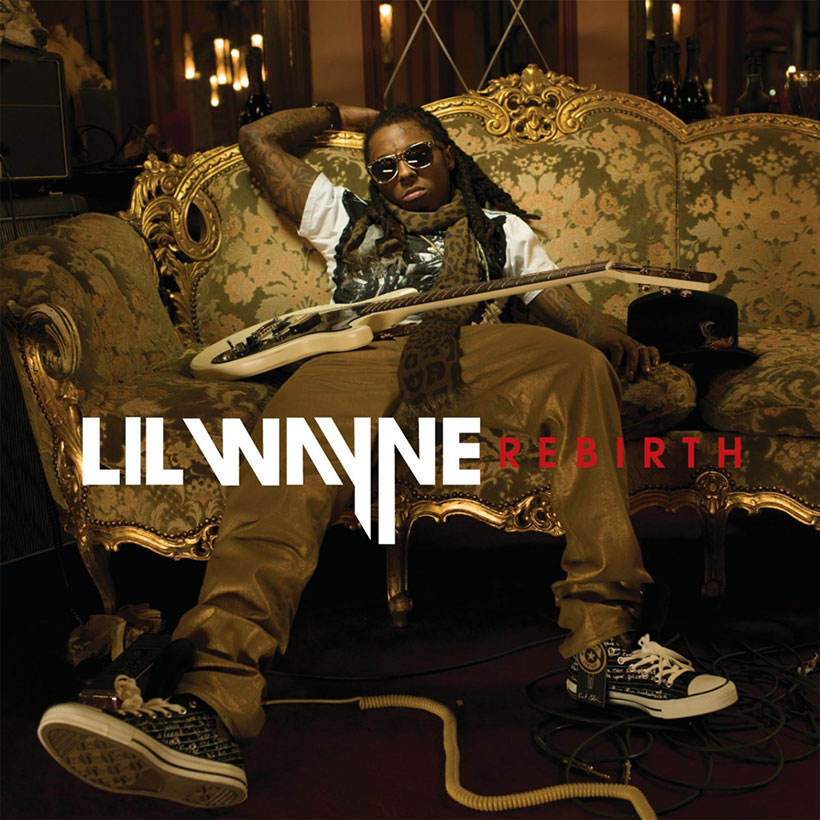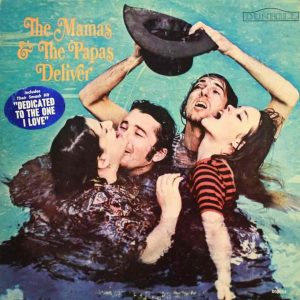Beyond its storied history, Lil Wayne’s Rebirth was a bubbling over of the relationship that existed between hip-hop and rock for the better part of the 00s. It was also a definitive moment in Wayne’s career, proving that he’d become so powerful in the industry that he could get this project realized through sheer force of will. Rebirth was the culmination of one era and the beginning of another; it’s not unfair to say that that, without it, Kanye’s Yeezus era could have been entirely different, and artists like Lil Uzi Vert would not exist at all. Rebirth is an unlikely success story and one of the most influential albums of the last decade.
“He gave away a million dollars’ worth of s__t”
Hip-hop spent most of the 00s moving further into the mainstream than ever before. The coastal boom-bap and G-funk of the 90s gave way to increasingly synth-heavy melodies and a cornucopia of DIY elements facilitated by the internet. At the same time, indie, emo, and alt.rock had taken over from grunge and harder rock as the music of choice for kids with guitars. To those paying attention, this shift was anything but sudden. Wayne had been making rock references for years, but it was especially hard to forget his appearance on the remix of Shop Boyz’ “Party Like A Rockstar,” nearly four years before Rebirth was unleashed. When Wayne stopped seeing other rappers as competition, he was looking at Fall Out Boy and their contemporaries as both his opponents and his inspiration.
Across 2007 and 2008, Wayne built up a lot of his momentum with intentional leaks that were happening on an almost daily basis. As Rebirth producer David Banner put it, “He gave away a million dollars’ worth of s__t so people can buy an album for $9.99.” But a few years later, in the run-up to Rebirth, the industry was taking leaks more seriously. And then Wayne experienced the most legendary leak in recent memory – but it wasn’t hackers or a lost hard drive that were to blame, it was Amazon. In a moment that now seems absurd, the retailer shipped hundreds of copies of Rebirth over a month before the album’s scheduled release date, on February 2, 2010.
A rap-rock landmark
Rebirth was originally touted as a reissue of Tha Carter III, with new features and bonus tracks, before Wayne decided it was going to be an entirely new album, potentially even a double-album, packaged with Tha Carter IV. What emerged was something nobody could have predicted.
Hip-hop wasn’t especially known for its experimental passion projects at the time. Perhaps Wayne himself wouldn’t categorize Rebirth as experimental, but its have-a-go nature is hard to deny. No one was asking for this kind of record from Wayne: hip-hop fans wanted him to rap; rock fans didn’t want him to rock. But, as usual, Wayne was going to do what Wayne wanted. If he was already a rock star, figuratively speaking, he was going to become one in a literal sense.
That said, Rebirth is really a rap-rock hybrid more than a straight rock album. The instrumentals sound more like Travis Barker remixes of hip-hop beats than they do full-on rock music, as evidenced on the Barker-assisted power ballad “One Way Trip.” But Wayne’s signature croak can occupy just about any space on the spectrum between rapping and singing, so it’s hard to notice when he switches between the two.
Epic storytelling
While Wayne was known for the non-sequitur rapping style he helped popularize, he wasn’t afraid of storytelling (see “Dr. Carter”). “Prom Queen” is, in many ways, the most vivid song Wayne has ever made, and was clearly influenced by the pop-punk acts he came up alongside. It’s Wayne doing his best Yellowcard, Good Charlotte, or Fall Out Boy (FOB loved a non-sequitur just as much as Weezy). “Knockout” is the sweetest duet Wayne and Nicki have ever pulled off, and it’s tinged with that same nostalgic energy Wayne was after on “Prom Queen.”
Other than “Dr. Carter,” “Paradice” is Wayne’s most epic storytelling moment. “Cut school, sell crack, sorry I’m just thinkin’ back/C-call me crazy, I’ve been called worse/It’s like I have it all, but what’s it all worth?” Wayne sings over swelling power chords. Even with the Auto-Tuned effects, you can still hear the rushing emotion in his voice. Call it proto-emo rap, or pre-SoundCloud rap, but “Paradice” and Rebirth opened the floodgates for an entire generation of genre-flouting hip-hop artists.
The latter half of Rebirth features production by the Miami duo Cool & Dre, who oversee the most synergistic stretch on the album, including the second single, “On Fire.” Featuring a prominent sample of the synth-pop cut “She’s On Fire,” from the Scarface soundtrack, “On Fire” also saw Wayne go full rock star and shred on guitar.
Rebirth’s real climax, however, is “Drop The World,” which boasts one of the best Relapse/Recovery-era Eminem features that exists, with both MCs sounding hungrier than they had in ages. When Wayne wails, “I can die now – Rebirth, motherf__ker/Hop up in my spaceship and leave Earth, mother__ker – I’m gone!” he proved he really had conquered it all. He was free to do anything he wanted.



